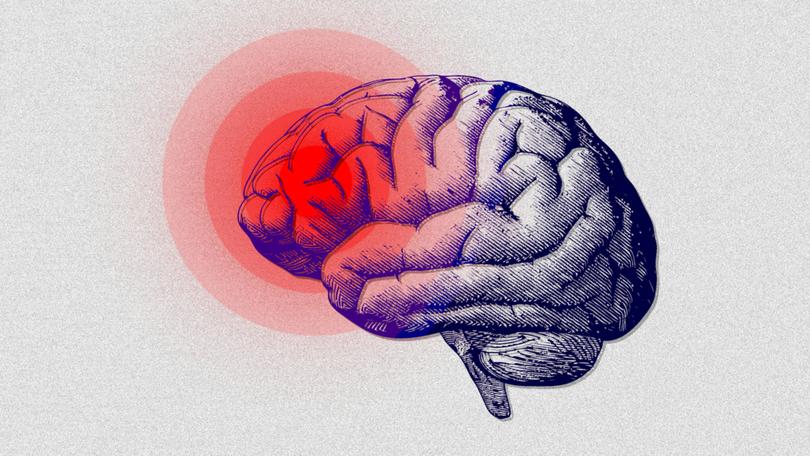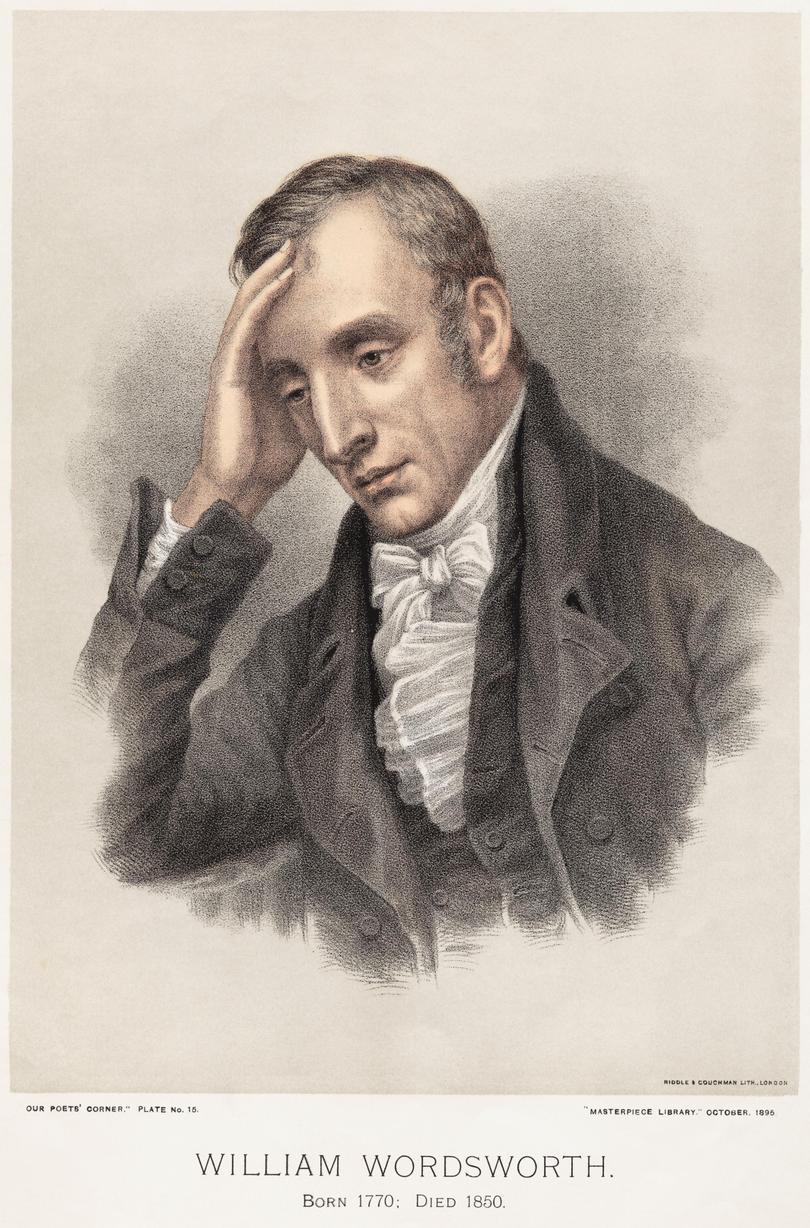ANDREW MILLER: We can’t all be Happy Warriors when dreaded migraines strike
Imagine reading this, when suddenly some words go missing. A hole in a sentence here, then there. After a few minutes, an entire paragraph might disappear and your train of thought will be lost.

Imagine reading this, when suddenly some words go missing. A hole in a sentence here, then there. After a few minutes, an entire paragraph might disappear and your train of thought will be lost.
Inconsiderate migraines visited me last week, making this happy warrior even more distractable than usual — as you will see.
We heard the term “happy warrior” revived at the recent US Democratic Party convention, this time in relation to Vice Presidential hopeful Governor Tim Walz. The enthusiastic joy-train that the Harris-Walz ticket is riding at present is making Donald Trump look like a discount toasted sandwich in a stone-cold bain-marie.
Sign up to The Nightly's newsletters.
Get the first look at the digital newspaper, curated daily stories and breaking headlines delivered to your inbox.
By continuing you agree to our Terms and Privacy Policy.Watching him try to construct withering insults and nicknames, without the yardstick of his clunky former opponent, is painful.
Meanwhile, Vice President Kamala Harris called her opponent an “unserious man.” I have not heard the word unserious since it was hurled at me by a poetic maths teacher who smelt of moth-balls. Both women employed that great word expertly.
Failing vision before a migraine is the equivalent of the exceptionally low tide before a tsunami — we know from experience that a monster wave of thumping blood flow is on its way. For me, the aura of visual loss is often decorated with zigzagging, shimmering scintillations, and lasts about thirty minutes. I use that time to gulp my medications, swear, and rearrange my short-term agenda.
I must avoid driving, or any task that requires reliable vision for everyone to survive, until it resolves.
Portraits of William Wordsworth have the “dark-eyed, bored and unwell” look that was apparently popular in Victorian Britain. Perhaps it still is. An archetypal romantic, he was appointed Poet Laureate in the late 1840’s. He penned “The Character of the Happy Warrior” and is credited with inventing that moniker.
Modelled on Lord Nelson apparently, Wordsworth’s happy warrior was not unserious:

“Is placable—because occasions rise
So often that demand such sacrifice;
More skilful in self-knowledge, even more pure,
As tempted more; more able to endure,
As more exposed to suffering and distress;
Thence, also, more alive to tenderness...
And therefore does not stoop, nor lie in wait
For wealth, or honours, or for worldly state”
They have no expectation of reward, but remain self-sacrificing and ever ready to serve. Wordsworth lived with his sister Dorothy, whose detailed journals reveal her unsung essential contribution to his work — and that she suffered frequent migraines.
Fortunately, my auras are usually false alarms these days so I can mostly dodge the painful part and get on with the day. For too many though, as the blood rushes back into their cortex a period of disabling pain, nausea and photophobia begins. Often in the post-headache phase an understandable irritability is augmented by the dysphoric, uneasy knowledge that their head is no reliable friend.
According to Headache Australia, around five million of our population get migraines, 70 per cent of these are women, and up to 8 per cent suffer them every other day. The personal and community, health and economic impacts are significant.
Not all headaches are migraines, so it is vital to access the long-term care of a GP who can confirm the diagnosis, and weave a plan that takes into account personalised diet and lifestyle triggers, and all the contemporary medications and therapies.
Paradoxically, the spectre of “medication over-use headache” has risen dramatically with the availability of prescription pain killers. Too much of a good thing can make us worse. However, we do have some relatively new preventative drugs. Hope springs eternal.
The list of common triggers of migraine can sometimes read like a plan for the week ahead: coffee, chocolate, cheese, alcohol, skipping meals, lack of sleep, and stress.
Wordsworth wrote that “poetry is the spontaneous overflow of powerful feelings: it takes its origin from emotion recollected in tranquillity.”
If you experience the overflow of powerful feelings, seek out tranquillity amongst the distractions — it’s better than tranquilizers, and it might just result in a poem.
